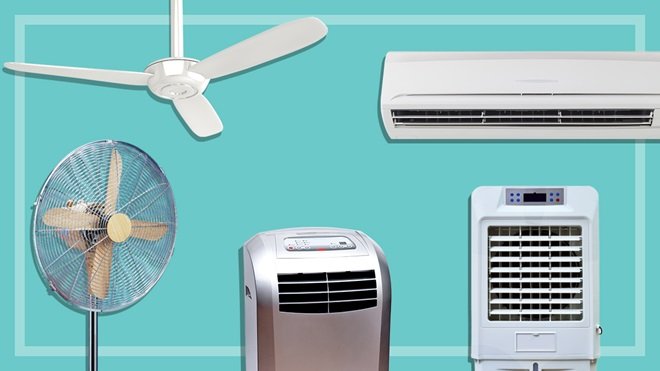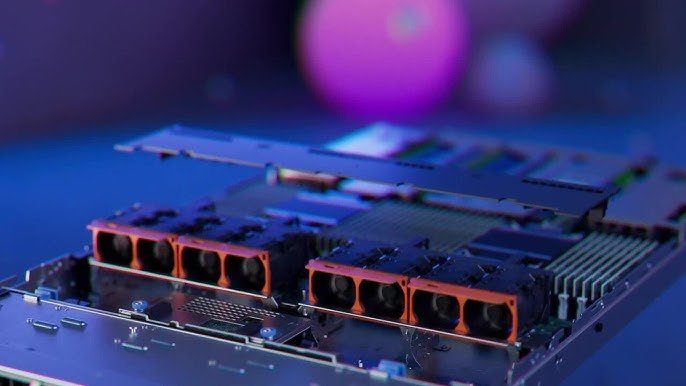When it comes to cooling your home or workspace, choosing between evaporative coolers and air conditioners can be challenging. Both systems are designed to keep you comfortable, but they work differently and suit distinct environments. Let’s explore the pros and cons of each to help you decide which one is better for your needs.
How Evaporative Coolers Work
Evaporative coolers, also known as swamp coolers, use water evaporation to cool the air. They draw in warm outside air, pass it through water-soaked pads, and circulate the cooled air indoors. This process is most effective in hot and dry climates where humidity levels are low.
Advantages of Evaporative Coolers:
- Energy Efficiency: These coolers consume less electricity compared to traditional air conditioners, making them more affordable to operate.
- Eco-Friendly: Evaporative coolers use water instead of refrigerants, reducing their environmental impact.
- Added Humidity: They increase indoor humidity levels, which is beneficial in dry areas.
- Low Installation Costs: They are typically cheaper to install and maintain than air conditioners.
Disadvantages of Evaporative Coolers:
- Limited Effectiveness in Humid Climates: They don’t work well in areas with high humidity because the air is already saturated with moisture.
- Less Precise Temperature Control: They cannot cool spaces to specific temperatures like air conditioners can.
- Regular Maintenance: The water pads need frequent cleaning or replacement to prevent mold and bacteria growth.
How Air Conditioners Work
Air conditioners use a refrigerant cycle to extract heat from indoor air and expel it outside. They provide precise temperature control and work well in various climates, including humid regions.
Advantages of Air Conditioners:
- Effective in All Climates: Unlike evaporative coolers, air conditioners perform well in both dry and humid environments.
- Precise Temperature Control: You can set the exact temperature you want, ensuring consistent comfort.
- Improved Air Quality: Many air conditioners include filters that remove dust, allergens, and pollutants from the air.
- Year-Round Use: Some models also offer heating capabilities, making them versatile for all seasons.
Disadvantages of Air Conditioners:
- Higher Energy Costs: They consume more electricity, leading to higher energy bills.
- Environmental Concerns: Air conditioners rely on refrigerants, some of which can harm the environment if not handled properly.
- Higher Installation Costs: Professional installation can be expensive.
- Dry Indoor Air: They can reduce humidity levels, which may cause discomfort in already dry climates.
Key Factors to Consider
When choosing between an evaporative cooler and an air conditioner, consider the following factors:
- Climate: Evaporative coolers are best for hot, dry areas, while air conditioners are ideal for regions with high humidity or variable temperatures.
- Energy Efficiency: If saving on electricity bills is a priority, an evaporative cooler may be the better choice.
- Budget: Evaporative coolers are more affordable upfront and have lower operating costs, but air conditioners offer superior cooling performance.
- Environmental Impact: Evaporative coolers are more eco-friendly due to their reliance on water instead of refrigerants.
- Air Quality Needs: Air conditioners are preferable if you require advanced air filtration.
When to Choose an Evaporative Cooler
- You live in a dry, hot climate.
- You want a budget-friendly cooling solution.
- Energy efficiency and eco-friendliness are important to you.
- You don’t need precise temperature control.
When to Choose an Air Conditioner
- You live in a humid region or an area with variable weather.
- You need precise temperature control.
- You require advanced air filtration for allergies or asthma.
- You’re willing to invest in higher installation and operational costs for superior cooling.
Final Thoughts
Deciding between an evaporative cooler and an air conditioner depends on your specific needs, budget, and climate. If you prioritize energy efficiency and cost-effectiveness in a dry climate, an evaporative cooler is a great option. However, for consistent cooling in any environment and advanced features, an air conditioner is the better choice.
By weighing the pros and cons of each system, you can select the cooling solution that aligns with your lifestyle and environment.


